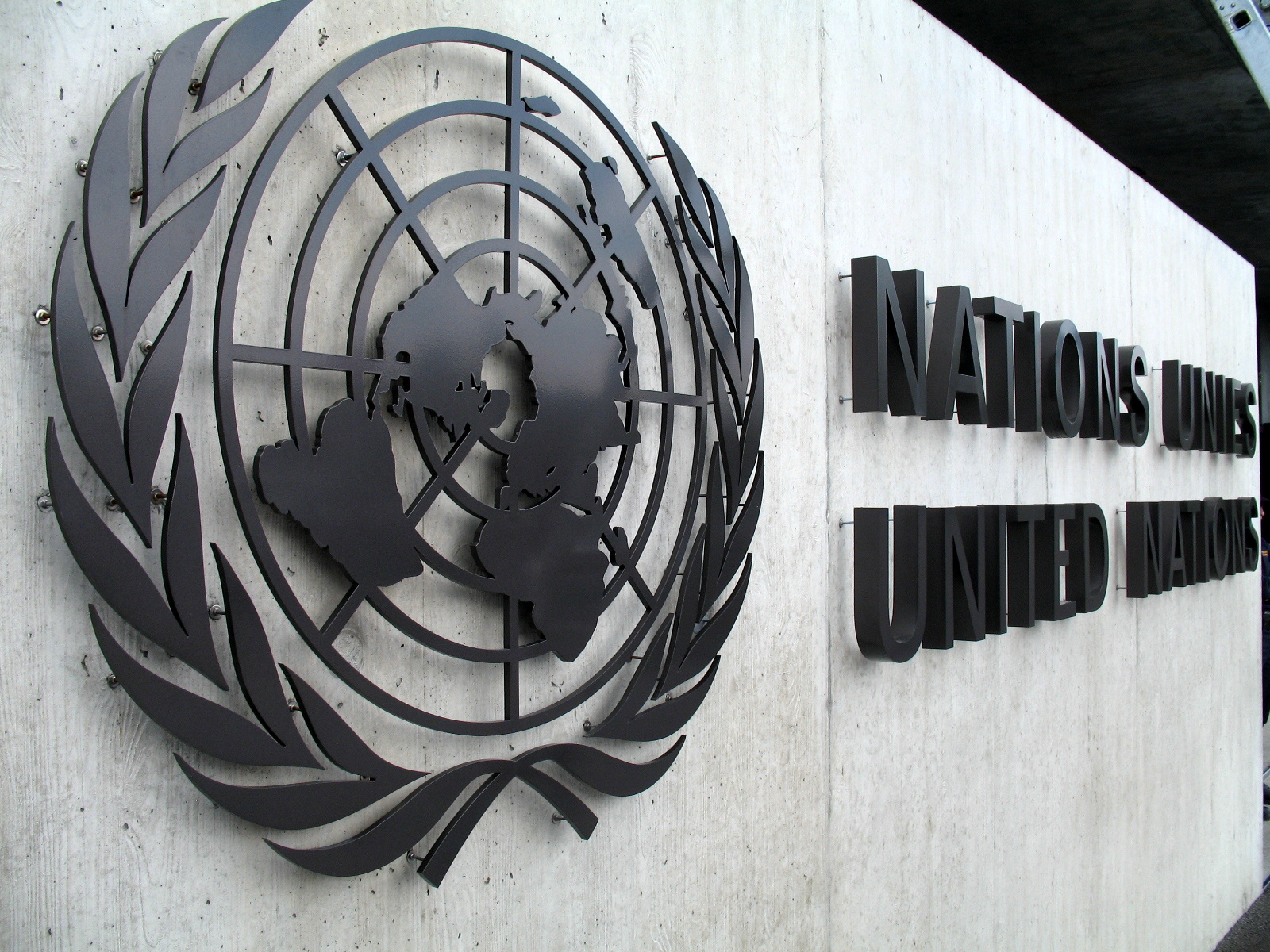Brazil’s review by the UN
Government rejects recommendation to unfreeze social spending for 20 years

The Brazilian State has notified the United Nations that it will not halt plans to freeze social investments for the next twenty years. According to a report sent by the Ministry of Foreign Relations to the Office of the United Nations High Commissioner for Human Rights, Constitutional Amendment 95/16 guaranteed increased spending on health in 2017.
This was one of the four recommendations rejected by Brazil during the third cycle of the Universal Periodic Review, which took place in early May. The report sent officially on August 25 was only released this Monday, September 11.
Approved in December 2016, Constitutional Amendment 95/16 placed a cap on public spending for the next 20 years, including on investments in health and education. The amendment was the target of harsh criticism by human rights organizations that believe the cuts will worsen inequality and violate the fundamental rights of the most vulnerable populations. Moreover, the UN special rapporteur on extreme poverty and human rights, Philip Alston, has described the measure as “radical and lacking in all nuance and compassion”.
The recommendation submitted by Venezuela urged Brazil to halt the freeze on social investments for two decades and warned of the incompatibility of the measure with the country’s international obligations.
According to Caio Borges, coordinator of the Business and Human Rights program at Conectas, by rejecting the recommendation Brazil missed the opportunity to review a policy that will affect the State’s ability to combat poverty and inequality.
“The spending controls planned by the government disproportionately affect the most vulnerable groups and threaten access to essential rights, such as education and health,” said Borges. “At no point did the government present other possible solutions aside from Amendment 55 that would have had less of a social impact, such as measures to make the tax system fairer. There was no opportunity for dialogue with civil society about the consequences of the amendment and it is regrettable that the government does not acknowledge, before the UN, the risks of such a severe measure,” he added
Access to legal abortions
Another recommendation rejected by the Brazilian State was the one submitted by the Vatican, which asked the country to protect “the natural family and marriage, formed by a husband and a wife, as the fundamental unit of society, as well as the unborn”.
“It is positive that Brazil rejected this clearly discriminatory recommendation from the Vatican against LGBT people and against women. With this proposal, the Vatican intended to block marriage equality and the right to abortion even in cases provided by law,” said Borges. “On the other hand, the Brazilian government has not made much of an effort to block proposed legislation such as the Family Statute and the Unborn Child Statute, bills that conflict with its position before the international community. If these bills gain traction, we will call on the government for consistency,” he concluded.
About the UPR
The Universal Periodic Review (UPR) is a unique process that involves a review of the human rights records of all 193 UN Member States once every four and a half years. The UPR is a state-driven process, under the auspices of the Human Rights Council, which provides the opportunity for each State to declare what actions they have taken to improve the human rights situations in their countries and to fulfill their human rights obligations. As one of the main mechanisms of the Council, the UPR is designed to ensure equal treatment for every country when their human rights situations are assessed.
Read more about the third cycle of Brazil’s Periodic Review in the UN: http://rpubrasil.conectas.org


